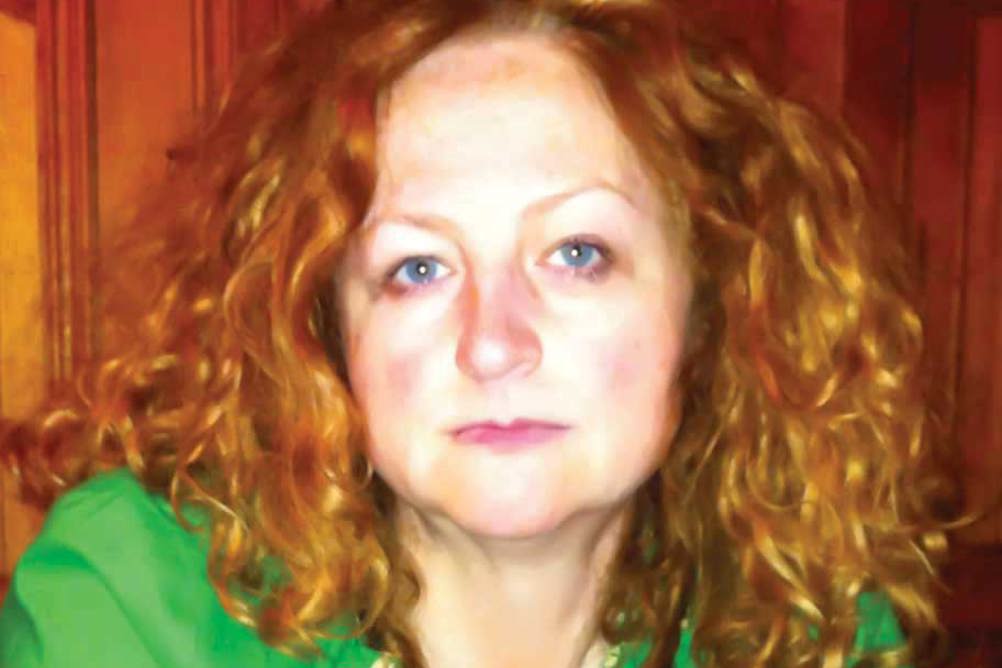
Five new standards, up to level 7, were given the go-ahead by the Government last week as part of its trailblazers programme.
Last year, the trailblazers group, which is chaired by Chrissy Meleady and also has the Pre-School Learning Alliance, NDNA and nursery groups as members, devised a level 3 apprenticeship standard (which contains the Early Years Educator standard) which was accepted and published by the Government last year.
Now, the new list has been approved for development by skills minister Nick Boles, following a formal and informal consultation process with ‘several thousand’ employers in the sector, Ms Meleady said.
Register now to continue reading
Thank you for visiting Nursery World and making use of our archive of more than 35,000 expert features, subject guides, case studies and policy updates. Why not register today and enjoy the following great benefits:
What's included
-
Free access to 4 subscriber-only articles per month
-
Unlimited access to news and opinion
-
Email newsletter providing activity ideas, best practice and breaking news
Already have an account? Sign in here
